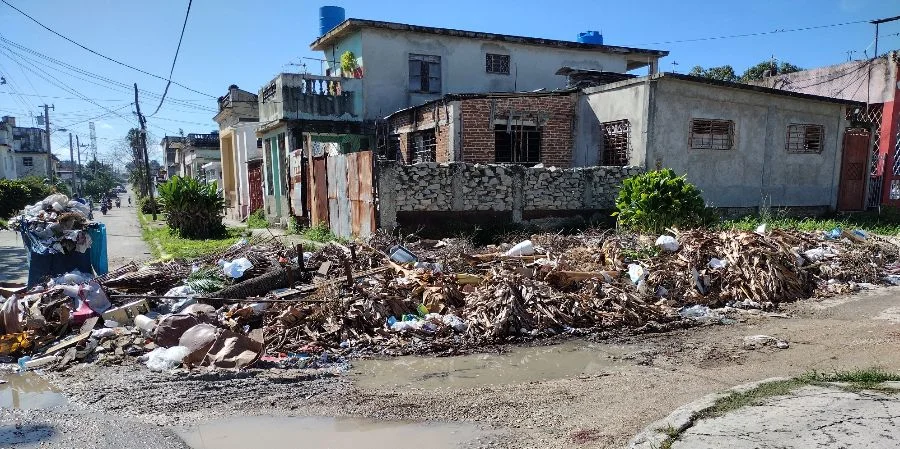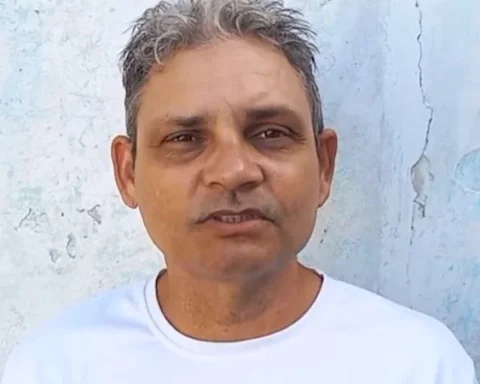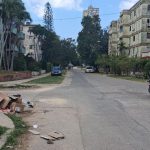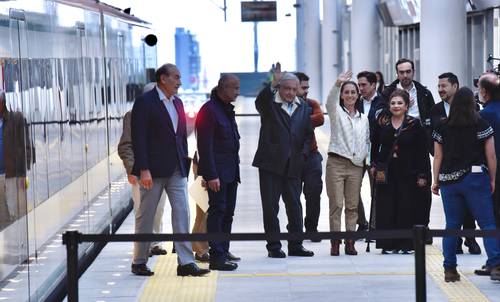HAVANA, Cuba. – Those who live or have lived in Cuba are aware that in any neighborhood, city, town or locality, no matter how urban or rural it may be, when you go out into the street you are greeted by the same depressing and desolate landscape: endless garbage dumps, generally accompanied by sewage, which remain uncollected for weeks and not only pollute the environment with their stinking fumes, but also serve as a hideout for countless rats, flies, cockroaches, maggots and mosquitoes, all of which transmit countless diseases.
These everlasting mountains of rubbish are growing with each passing day and, as they increase in size, the pests that live in them expand their habitat until they become unwelcome guests in our homes. All of this without us having any way to combat them, since for many years now not only has there been no fumigation, or only sporadically, but there are also no effective poisons sold to eliminate these vectors except in hard currency, to which a large part of the population has no access. Consequently, we are permanently exposed to the diseases they transmit.
Sometimes some neighbors, irritated by the government’s indolence, worried about the proliferation of these vermin and afraid of getting sick themselves or their relatives, resort to desperate measures such as burning the garbage. Not infrequently the remedy has been worse, as the flames have spread to the electricity poles, even to some houses. Nevertheless, there are those who opt for the radical method, perhaps convinced that all the evils contained in the garbage will be purified by the fire. Regarding this, a neighbor recently told me: “We are living in the middle of filth, I just saw a man throw the guts of an animal into the garbage bin on the corner. We have to put fire to that, because the stench will not be able to be endured.”
“There are no resources to clean up the country,” the leaders whine, trying to evade their responsibility by justifying their neglect and incompetence with the “toughening of the blockade.” But at this point, we Cubans no longer believe them. On the contrary, more and more people are questioning how it is possible that the “blockade” does not prevent them from spending the people’s money and resources on national and international congresses and events and any celebration they can think of.
The truth is that today the inhabitants of Cuba are going through one of the most serious epidemiological crises since the beginning of the Republic. The very air we breathe is saturated with countless viruses. Of course, the health authorities only warn of the Oropouche fever and the dengueand that only when the cases become so numerous that it becomes impossible to hide the existence of an epidemic.
The serious problem of uncollected rubbish is not new, but has been going on for decades. The decrease and deterioration of the bins has also had an impact on this. On the one hand, many have lost their wheels and lids as a result of the excessive vandalism inherent to a totalitarian system like ours. On the other hand, due to the negligent handling of the employees of the Communal Services Company (who, after emptying them, instead of placing them correctly, tend to throw them away carelessly) many have lost their corners or do not stay in place. Thus, it became customary to throw rubbish on the pavement, which, combined with the instability in the collection, gradually turned our towns and cities into rubbish dumps.
In one of the many apologetic “reports” that Cuban television occasionally broadcasts, a director of Communal Services acknowledged that one of the company’s “difficulties” was the shortage of workers. However, he failed to mention the main causes of this deficiency, such as low salaries or the lack of essential means of protection. Regarding this personnel shortage, the report mentioned the use of prisoners for this activity. However, this practice is far from new. Or optional, for that matter. Under Castro’s rule, no prisoner can refuse to work wherever he is assigned, even in a job as risky as garbage collection.

















